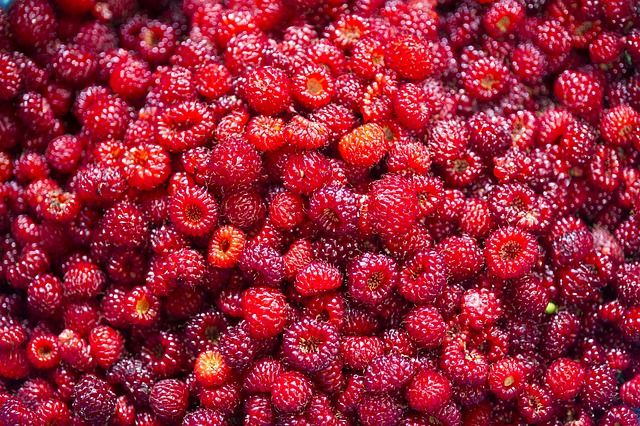
Molecular Mechanisms
Understanding Molecular Mechanisms
In the intricate dance of life, molecular mechanisms are the unsung heroes, orchestrating everything from the tiniest cellular interactions to the grand symphony of biological activity. If you’ve ever marveled at how your body manages to heal a paper cut or how bacteria develop resistance to antibiotics, you’ve brushed against the fascinating world of molecular biology.
What Are Molecular Mechanisms?
At its core, molecular biology is like the backstage pass to the concert of life. It focuses on understanding the molecular basis of biological processes. This includes how cells communicate, how they synthesize and modify biomolecules, and how they interact with their environment. Think of it as the ultimate cheat sheet for understanding life at the molecular level.
The Role of Molecular Mechanisms in Biological Activity
Molecular mechanisms play a crucial role in various biological activities, including:
- Cell Communication: Cells don’t just sit around waiting for something to happen. They send and receive signals to coordinate their activities, much like a well-timed group text. This communication is vital for processes like growth and immune responses.
- Biomolecular Synthesis: This is where the magic happens! Cells synthesize proteins, nucleic acids, and other biomolecules that are essential for life. Think of it as a molecular bakery where the ingredients are carefully measured and baked into something deliciously functional.
- Modification and Repair: Cells are not perfect; they make mistakes. Luckily, they have mechanisms in place for modification and repair, ensuring that everything runs smoothly. It’s like having a personal assistant who fixes your typos before you hit send.
- Interaction with Pathogens: Understanding how molecular mechanisms allow bacteria to resist antibiotics is crucial in addressing antimicrobial resistance (AMR). It’s a bit like a game of molecular chess, where the stakes are global health.
Why Should We Care?
Understanding these mechanisms is not just for the scientists in lab coats (although they do look quite dapper). It has real-world implications for medicine, agriculture, and environmental science. For instance, deciphering how bacteria develop resistance can lead to new strategies for combating infections. Plus, who wouldn’t want to impress friends at parties with their knowledge of molecular biology? “Did you know that the molecular mechanisms of antibiotic resistance are a major global health challenge?” Instant conversation starter!
The Future of Molecular Biology
As technology advances, so does our understanding of molecular mechanisms. Techniques like CRISPR gene editing are revolutionizing how we approach genetic diseases, agriculture, and even climate change. It’s a thrilling time to be involved in science, where the possibilities seem as endless as your favorite streaming service’s catalog.
In conclusion, molecular mechanisms are the building blocks of life, influencing everything from how we heal to how we fight disease. So the next time you hear the term “molecular biology,” remember it’s not just a fancy phrase—it’s a gateway to understanding the very essence of life itself. And who knows? You might just find yourself inspired to dive deeper into the world of science!

















 Customs Regulations for Declaring Watches in the USA
Customs Regulations for Declaring Watches in the USA 
 Health
Health  Fitness
Fitness  Lifestyle
Lifestyle  Tech
Tech  Travel
Travel  Food
Food  Education
Education  Parenting
Parenting  Career & Work
Career & Work  Hobbies
Hobbies  Wellness
Wellness  Beauty
Beauty  Cars
Cars  Art
Art  Science
Science  Culture
Culture  Books
Books  Music
Music  Movies
Movies  Gaming
Gaming  Sports
Sports  Nature
Nature  Home & Garden
Home & Garden  Business & Finance
Business & Finance  Relationships
Relationships  Pets
Pets  Shopping
Shopping  Mindset & Inspiration
Mindset & Inspiration  Environment
Environment  Gadgets
Gadgets  Politics
Politics 